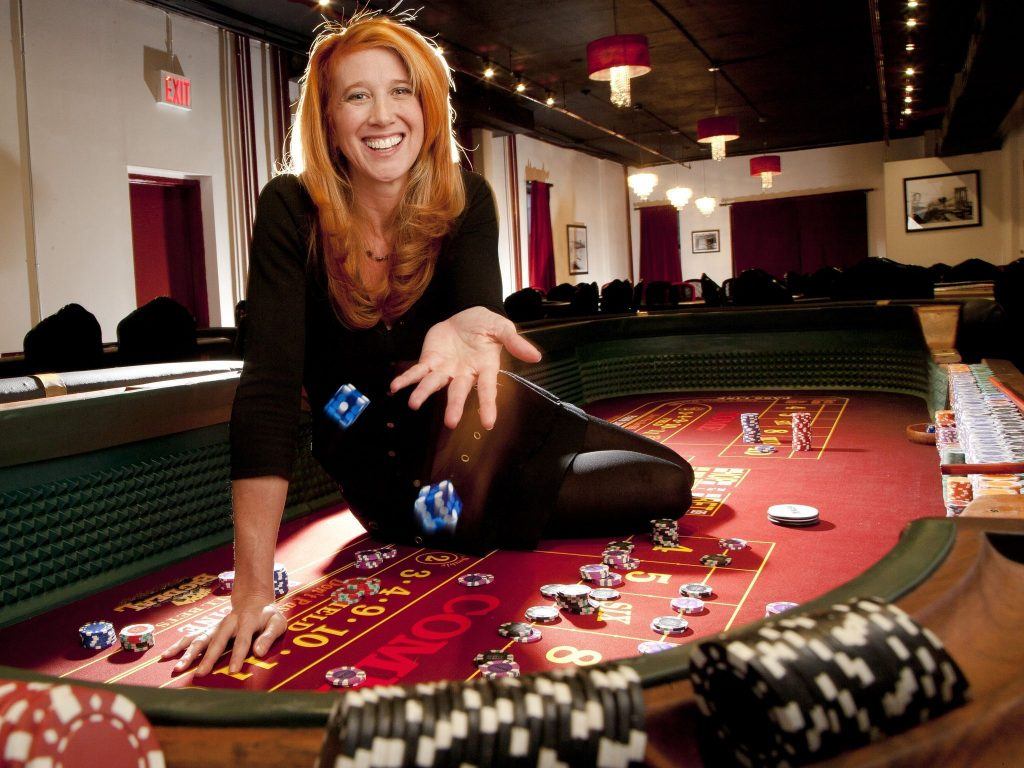Is Gambling Illegal In New York
- New York has been tough on gambling in the past but, to the surprise of many, the state does not possess any laws which make it illegal to play at online casinos. What is illegal, however, is for a casino to be located in and operating in New York.
- Gambling Laws in New York The gambling laws in New York only allow the only forms of gambling that voters have approved. However, in general, New York gambling laws state that games of luck in New York are Illegal. If you commit a gambling crime in New York.

Is Gambling Illegal In China

New York is home to a number of regulated gambling markets. The state’s lottery is popular and long-lived. Pari-mutuel wagering is practically a state pastime. Tribal gambling and class-II commercial gambling is easily-accessible for most of the state’s millions of citizens. Charitable games are regulated but allowed, and quite popular under liberal legal conditions.
Casino Gambling Age in New York The legal age to gamble in the many casino venues throughout new York is strictly 21 years of age. The law is there for a reason, and it’s implementation is taken incredibly seriously by all the venues offering gambling services throughout the state.

But some areas of state law are not as clear. In order to understand the legality of more modern contests like daily fantasy sports or online gambling in general, we need to understand the spirit of New York’s criminal code and not just the letter of its code of laws.
New York state law defines gambling as “… the risking of something of value on a future outcome” that is beyond the control of influence of the bettor. In order to be illegal gambling, there must be an expectation of something of value “if a certain outcome occurs.” The longer definition is available in Section 225.00(2) of the state constitution.
Since the full definition includes a requirement that a person be wagering on a “contest of chance,” it’s nice that the phrase contest of chance is defined further down in the law. A game is a contest of chance if “… the outcome depends in a material degree upon an element of chance, notwithstanding that skill of the contestants may also be a factor therein.”
We added some emphasis there to showcase that basically any game that involves even the slightest chance element is considered illegal gambling. In other words, there is no consideration for skill involved in a game. Unless New York legislators legalize a gambling game, it is illegal.


Is Gambling Illegal In New York
As for the state’s legal gaming options, the most popular is the New York Lottery. More New Yorkers buy lottery tickets than citizens of any state, with greater than 92% participation, according to figures released by the state each summer. New York’s lottery is the second-oldest in the country, active since the late 1960s.
The second most-popular legal gamble for New Yorkers is the state’s twenty tribal facilities. Some of these are tiny racinos, with a few slot and video poker games alongside a simulcast betting window. Still others are massive Vegas-style resorts with giant gaming floors, live dealer tables, and thousands of slot and video poker titles.
Charitable gambling laws in the state are such that operators of charitable games are allowed to offer raffles, bingo, and select casino-style games that benefit a rotating schedule of non-profit groups. This has led to a local industry specializing in the operation of charity events in static locations. Charitable laws are complex, and if you want to operate one legally you’ll need a specific permit from the city.
Social gambling is not allowed in New York, by law. A single line was added to existing gaming laws in the 1990s that explicitly outlawed the practice of hosting private games of chance and skill in a home or business, even with a legitimate relationship between all players or in cases where a game without house odds is played and the host isn’t compensated at all. New York has some of the toughest anti-private gambling laws in the country.